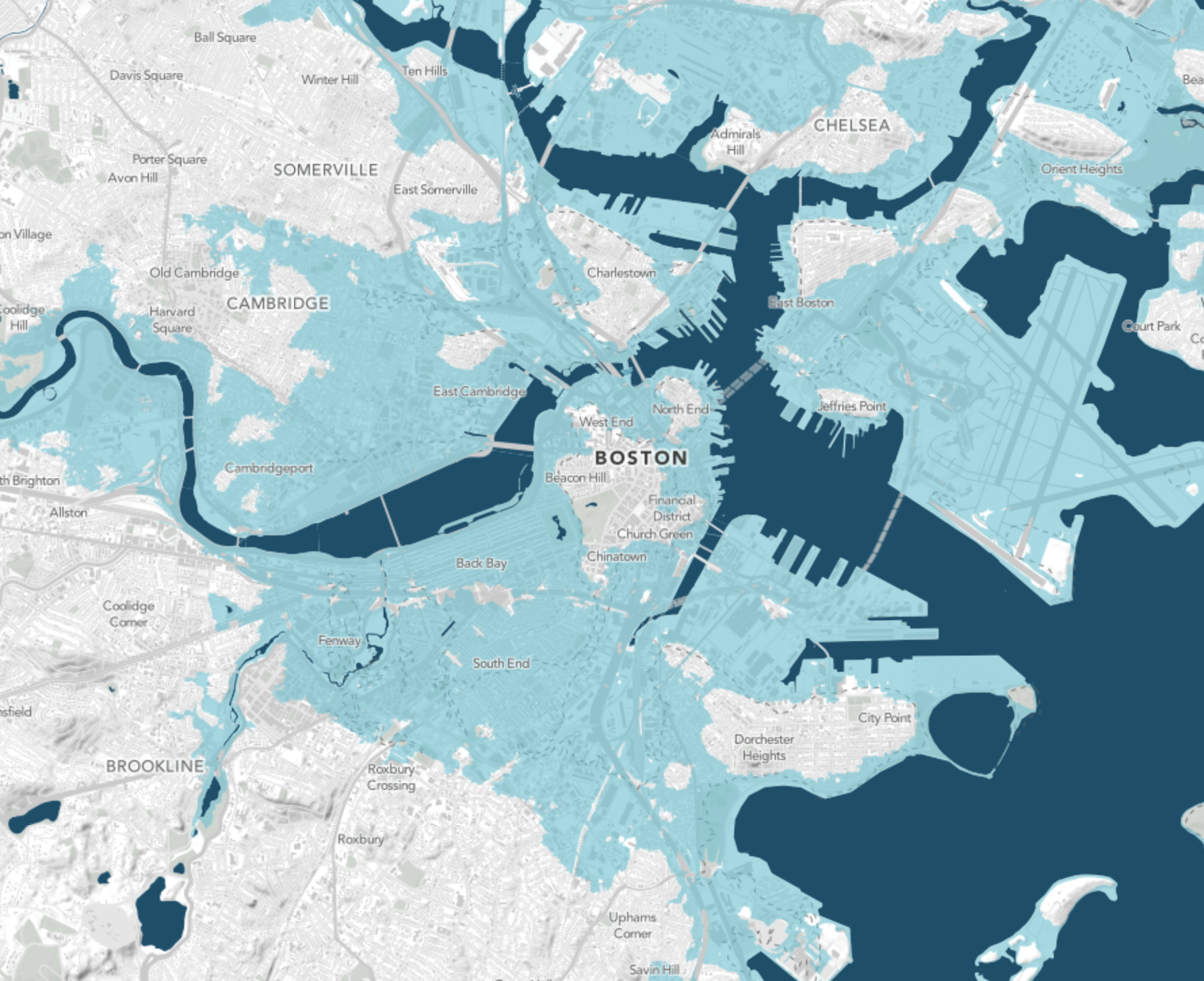
Climate

The science is clear: we are running out of time to address climate change
We're running out of time
Falling behind other states
15 other states have committed to moving to 100% renewable energy, including Virginia and Wisconsin. Massachusetts should be leading
10 Years left to act
According to a recent UN report, we only have until 2030 to take decisive action to prevent runaway climate change
bills to support
100% Renewable Energy by 2045
All energy needs met with renewables by 2045 (electricity by 2035)
Improve energy efficiency to reduce consumption
Prioritize a just transition for impacted workers & front line communities
Environmental Justice
Mandates the creation of an Environmental Justice Advisory Council, which would study issues related to environmental justice in the state and provide recommendations to the Governor and Legislature
Department of Environmental Protection will create a Supplemental Environmental Project bank, which maintains an inventory of outstanding environmental justice needs in frontline communities
common questions:
Doesn’t Massachusetts have a good record on the environment?
Massachusetts has historically been a leader in this area, but in recent years we have fallen behind. But regardless of where we fall on any rankings, the bottom line is that our current policies are too weak and will lead to catastrophic outcomes.
Our latest clean energy bill has been widely criticized by climate advocates including the Sierra Club. The State Senate passed a strong bill, but the final legislation was watered down significantly, mostly to match the weaker bills from the House of Representatives.
Funding for the Massachusetts Department of Environmental Protection (MassDEP) has declined by over 30% since 2001.
Isn’t climate a federal issue? What can state reps actually do about it?
States play a major role in environmental protection, and their role is even more important when we cannot depend on our federal government to take action. States are responsible for setting their own renewable energy targets, and many states also set their own fuel economy standards.
References:
- 1. Fritz, Angela, “The cost of natural disasters this year: $155 billion,” Washington Post, December 26, 2018.
- 2. Watts, Jonathan, “We have 12 years to limit climate change catastrophe, warns UN,” The Guardian, October 8, 2018.
- 3. Union of Concerned Scientists, “Underwater: Rising Seas, Chronic Floods, and the Implications for US Coastal Real Estate,” report, 2018.
- 4. MassBudget, “Analyzing the State Budget for FY 2019,” report, September 6, 2018.
- 5. Abel, David and Logan, Tim, “Floods seen as warning of Boston’s future,” Boston Globe, January 6, 2018.
- 6. Bill HD.3092 “An Act re-powering Massach,” 191st General Court of the Commonwealth of Massachusetts.usetts with 100 percent renewable energy
- 7. Order H.4651 “House Matters Before the Committee," Joint Committee on Telecommunications, Utilities and Energy, January 1, 2019.


